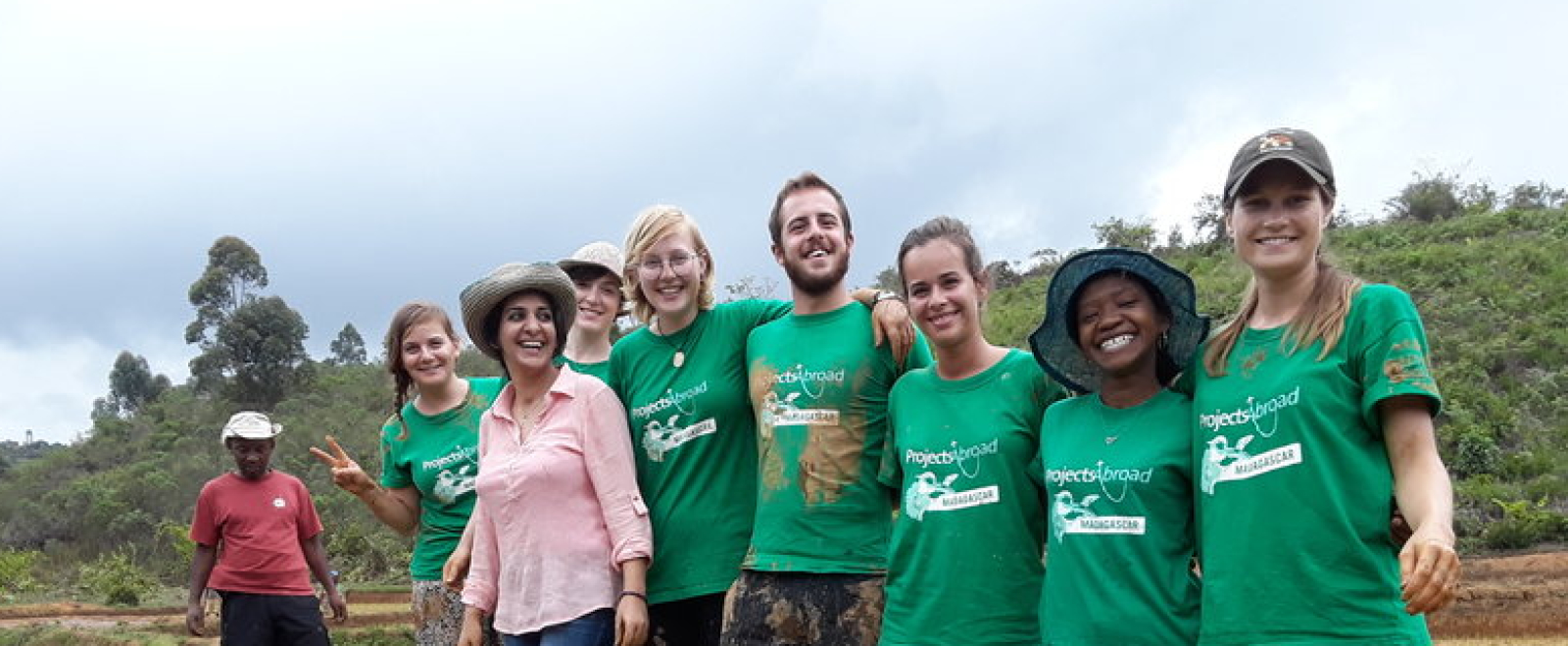
Fulfilling Your Wanderlust While Doing Good

Volunteer travel, also known as voluntourism, is a meaningful and inspiring way of exploring the world. This type of travel involves participating in volunteer activities while traveling, with the goal of giving back to the community or environment you are visiting. It is a growing trend, especially among younger travelers who want to make a positive impact while exploring new destinations.
What is Volunteer Travel?

Volunteer travel combines traditional travel with volunteer work, allowing travelers to experience new cultures while making a difference. It can take various forms, such as volunteering at an orphanage, working on a community development project, or participating in conservation efforts. The activities are usually organized through non-profit organizations, charities, or tour companies that specialize in volunteer travel. Volunteer travel can last from a few days to several months or longer, depending on the program.
The Benefits of Volunteer Travel

Volunteer travel has several advantages. Firstly, it provides a unique opportunity to experience the local culture in a more profound and meaningful way. By working alongside locals, you can gain insights into their way of life, customs, and traditions that you may not have encountered otherwise. Secondly, you can make a positive impact on the community or environment by contributing to worthwhile projects that enhance people's lives or preserve the natural world.
Thirdly, volunteer travel can help you develop new skills, such as teamwork, leadership, and problem-solving. You can also improve your language skills, as many volunteer programs require knowledge of the local language. Finally, volunteer travel can be a transformative experience that broadens your perspective, increases your empathy, and fosters personal growth.
How to Choose a Volunteer Travel Program

There are several factors to consider when choosing a volunteer travel program. Firstly, you should decide on the type of project you are most interested in, such as working with children, animals, or the environment. Secondly, you should research the organization or company organizing the program to ensure they have a good reputation and comply with ethical standards. Thirdly, you should consider the location, duration, and cost of the program. Finally, you should prepare for the program by learning the necessary skills and obtaining any required vaccinations or permits.
The Importance of Responsible Volunteering

While volunteer travel can be a rewarding experience, it is essential to engage in responsible volunteering practices. This means ensuring that the work you do is aligned with the needs and priorities of the local community or environment, and that you do not perpetuate dependency or create unintended negative consequences. Responsible volunteering also involves respecting cultural differences, seeking to understand the local context, and avoiding behaviors that may offend or harm locals.
Conclusion
Volunteer travel offers a unique and rewarding way of exploring the world while making a positive impact. By combining travel with volunteer work, you can experience new cultures, develop new skills, and contribute to worthwhile causes. However, it is essential to engage in responsible volunteering practices and choose programs carefully to ensure that your experience is ethical and meaningful.
